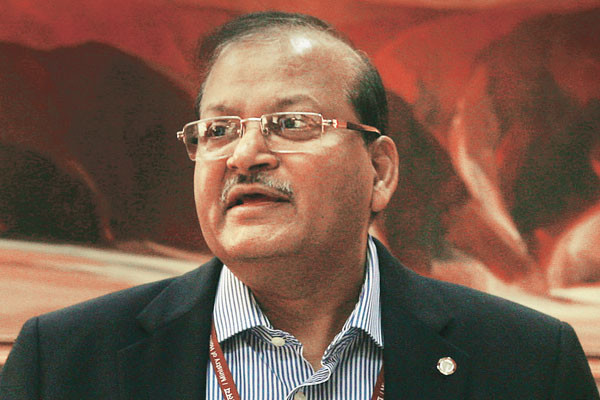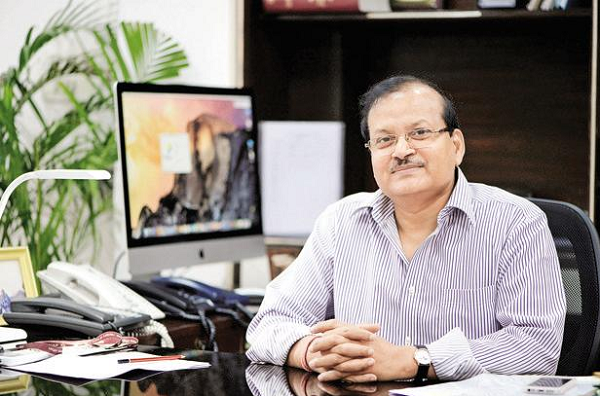
Labour reforms will merge 44 laws into just four: S. Aggarwal
By Meghna Mittal, New Delhi, (IANS) In another move towards ease of doing business in India, the government is consolidating 44 labour laws into just four and the draft bills will be tabled in the monsoon session of parliament beginning mid-July, the top official in the labour ministry has said.
“We are realigning 44 labour laws into four. Out of that two are already ready — Code on wages is already with the cabinet, Code on industrial relations is with the Ministry of Law,” Shankar Aggarwal, Secretary, Ministry of Labour and Employment, told IANS in an interview.
Tripartite talks for the other two laws — one on safety and working conditions of workers and the other for their social security and welfare — will be held among the central and state governments, trade unions, and employers represented by the top industry chambers, he said.
“The bills for the four labour laws should be placed in the next session in parliament,” Aggarwal said at his office.
“Most of our labour laws are not in sync with the current times. For ease of doing business, the people via the new legislations will be able to do things like online registration and filing of returns,” said Agarwal, a 1980 batch officer of the Indian Administrative Service of the Haryana cadre.
“The consolidation will also facilitate manufacturers and entrepreneurs.”
One of the codes intends to unify wages of workers across the country among all sectors, while another seeks to amalgamate all laws pertaining to industrial relations. The third deals with social security, health insurance and pension, and the fourth on labour conditions.
The second National Commission on Labour had recommended that 44 central labour laws be broadly grouped into just four-five categories. The report of the Working Group on Labor Laws and other Labour Regulations for the 12th Five Year Plan had also recommended clubbing them together.
Once the new bills are framed and passed, it will lead to ease of compliance. Consolidating the different labour laws will reduce multiplicity and ensure better enforcement and compliance.
International Labour Organisation Director in India Panudda Boonpala said recently that a key theme in the debate on employment relations in recent years is the flexibility wished for by employers, along with security, benefits and protection that workers are entitled to.
“India is at a very crucial juncture in relation to bringing about labour law reforms. It is important that all stakeholders join in the discussion and arrive at a consensus that would be the best option for the country,” she said.
“Experience around the world suggests that new labour problems are solved neither by old forms of regulations nor by removing regulation, but by better regulation, and social dialogue is the best means to achieve this end.”
(Meghna Mittal can be reached at meghna.m@ians.in)

